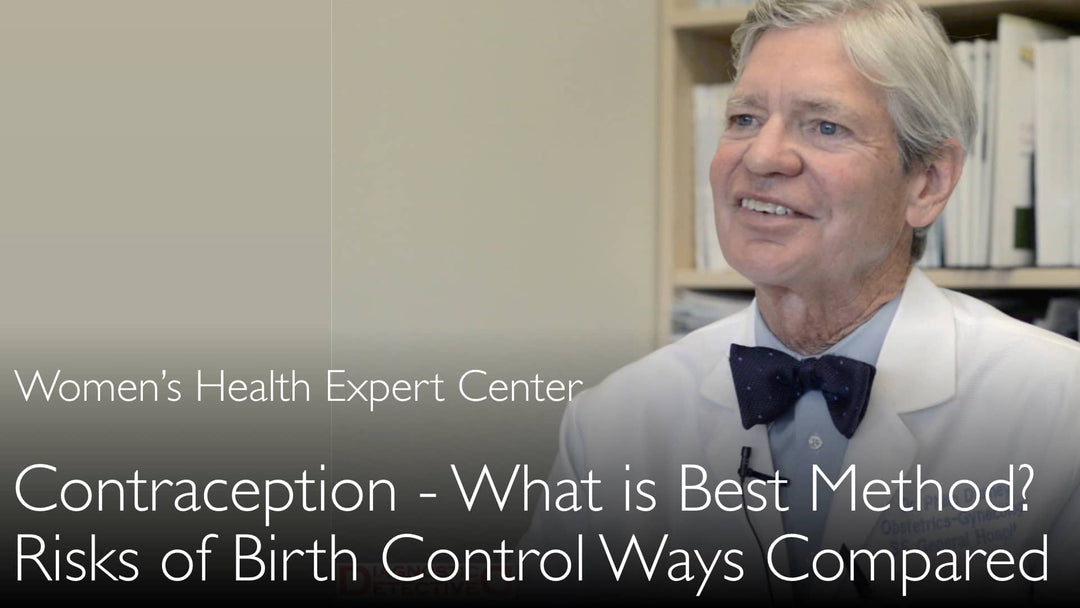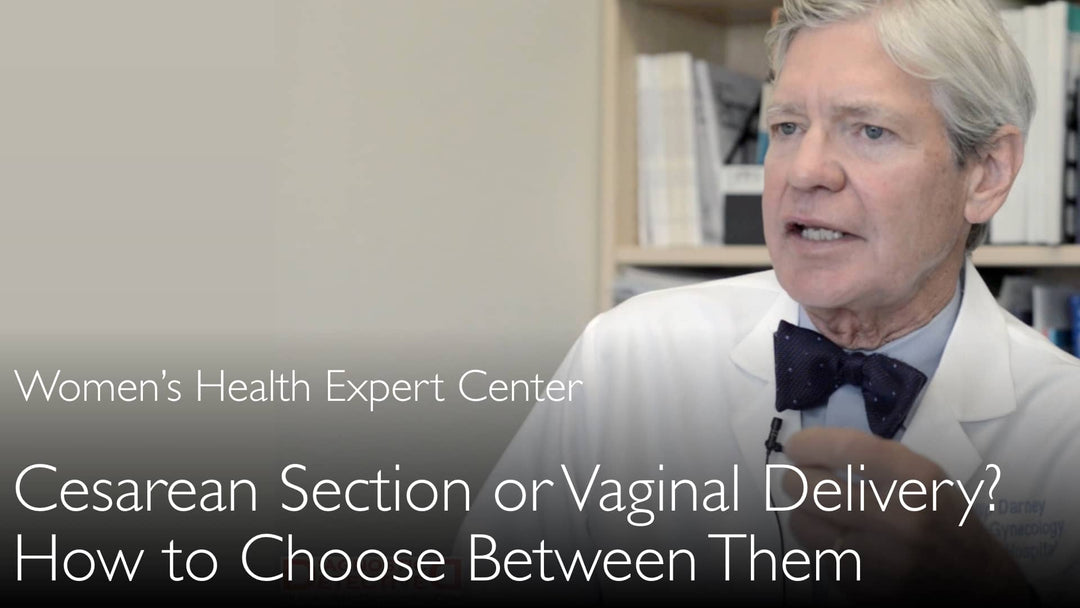Leading expert in fertility and reproductive medicine, Dr. Heather Huddleston, MD, explains how specific lifestyle choices directly impact a woman's ability to conceive and her reproductive longevity, highlighting the significant negative effects of smoking and obesity while clarifying that moderate exercise, caffeine, and alcohol consumption have minimal proven impact on fertility rates.
Lifestyle Factors That Impact Fertility: Evidence-Based Changes to Improve Your Chances of Conceiving
Jump To Section
- Smoking and Fertility Impact
- Obesity and Fertility Connection
- Exercise and Fertility Myths
- Diet, Caffeine, and Alcohol
- Stress and Fertility Relationship
- When to Seek Professional Help
- The Value of a Medical Second Opinion
Smoking and Fertility Impact
Smoking represents one of the most significant lifestyle factors that negatively impact fertility. Dr. Heather Huddleston, MD, emphasizes that toxins from cigarette smoke accumulate in ovarian follicles, the fluid-filled structures that contain eggs. This toxic environment directly damages egg quality and viability, leading to decreased fertility rates and lower pregnancy success rates even with advanced treatments like in vitro fertilization (IVF).
Research shows smokers experience menopause several years earlier than non-smokers, effectively shortening their reproductive window. The cumulative effect of smoking on ovarian reserve makes it a critical factor for women to address when trying to conceive. Dr. Anton Titov, MD, notes that quitting smoking should be a primary focus for any woman concerned about her fertility potential.
Obesity and Fertility Connection
Obesity significantly affects fertility through multiple biological mechanisms. Women with higher body mass index (BMI) often take longer to conceive naturally and may experience lower success rates with fertility treatments. Excess body fat can disrupt hormonal balance, leading to irregular ovulation patterns and creating an inflammatory environment that impairs egg quality and embryo implantation.
Dr. Heather Huddleston, MD, explains that while the exact mechanisms continue to be studied, the correlation between obesity and reduced fertility is well-established. Achieving a healthy weight through balanced nutrition and regular physical activity can improve ovulation regularity and enhance overall reproductive health, making it an important consideration for women planning pregnancy.
Exercise and Fertility Myths
Moderate exercise generally benefits fertility rather than harming it. Regular physical activity helps maintain healthy body weight, reduces stress, and improves circulation to reproductive organs. However, extremely intense or strenuous exercise regimens can potentially disrupt menstrual cycles and ovulation in some women.
Dr. Heather Huddleston, MD, clarifies that most women can continue their normal exercise routines when trying to conceive without concern. The key is moderation—maintaining a balanced approach to physical activity that supports overall health without creating excessive physical stress that might interfere with reproductive function.
Diet, Caffeine, and Alcohol
Current evidence suggests moderate consumption of caffeine and alcohol has minimal impact on fertility for most women. Dr. Heather Huddleston, MD, notes that women don't need to eliminate these substances completely when trying to conceive, contrary to popular belief. However, excessive consumption of either may potentially affect fertility and should be avoided.
A balanced diet rich in antioxidants, vitamins, and minerals supports reproductive health. Foods containing folate, iron, omega-3 fatty acids, and zinc particularly benefit egg quality and hormonal balance. Maintaining stable blood sugar levels through regular, balanced meals also supports reproductive hormone regulation.
Stress and Fertility Relationship
While chronic severe stress can potentially affect menstrual regularity and ovulation, normal everyday stress typically doesn't significantly impact fertility. The relationship between stress and fertility is complex, with more research needed to fully understand the mechanisms. However, stress management techniques like meditation, yoga, or counseling can benefit overall health during the conception journey.
Dr. Anton Titov, MD, emphasizes that women should avoid blaming themselves for fertility challenges, as stress is rarely the primary cause of conception difficulties. Most fertility issues stem from medical conditions rather than lifestyle factors alone.
When to Seek Professional Help
Women under 35 should consider consulting a fertility specialist if they haven't conceived after one year of regular unprotected intercourse. Women over 35 should seek evaluation after six months, while those over 40 may benefit from immediate consultation. Additional red flags include irregular menstrual cycles, known reproductive conditions like PCOS or endometriosis, or previous pelvic surgeries.
Dr. Heather Huddleston, MD, recommends early evaluation for women with known fertility risk factors, as timely intervention often improves treatment outcomes. Basic fertility testing can identify underlying issues and guide appropriate lifestyle modifications or medical treatments.
The Value of a Medical Second Opinion
Obtaining a medical second opinion from a leading fertility expert can provide confirmation of diagnosis and treatment recommendations. This is particularly valuable for complex cases involving lifestyle-related infertility or when considering intensive treatments. A second opinion helps ensure that all appropriate lifestyle modifications have been addressed before proceeding with medical interventions.
Dr. Anton Titov, MD, notes that second opinions offer patients confidence in their treatment plan and sometimes reveal additional options not previously considered. This process is especially important for sport-related infertility or cases where exercise intensity might be affecting reproductive function, as proper diagnosis guides appropriate lifestyle adjustments.
Full Transcript
Dr. Anton Titov, MD: Lifestyle changes to improve fertility can be an effective method to help women conceive. What lifestyle changes help you become pregnant? What lifestyle choices make no difference for fertility?
Dr. Heather Huddleston, MD: Lifestyle changes to improve fertility work very well. Avoiding toxins, especially smoking, is very important. Smokers have early menopause. Toxins from smoking accumulate in follicles.
Dr. Anton Titov, MD: How to improve fertility with PCOS? It's important to maintain optimal body mass index. In all situations of infertility, it is a good practice to obtain a medical second opinion from a leading fertility expert on how to maximize fertility and get pregnant.
Lifestyle changes to improve fertility can be practiced by couples everywhere. A medical second opinion confirms that an exercise-related infertility diagnosis is correct and complete. It also confirms that infertility after strenuous exercise treatment is required. A medical second opinion helps to choose the best treatment for sport-related infertility.
Dr. Anton Titov, MD: Get a medical second opinion on sport-related infertility and be confident that your treatment is the best. Lifestyle changes to improve fertility are accessible to every woman easily.
Dr. Heather Huddleston, MD: How does lifestyle impact fertility?
Dr. Anton Titov, MD: How does lifestyle impact reproductive potential and reproductive longevity of a patient?
Dr. Heather Huddleston, MD: I think there are several lifestyle factors that can be important. One that we know very clearly impacts fertility is smoking. We think that components or toxins from cigarette smoke actually accumulate in follicles. Follicles are sort of fluid-filled structures in the ovary that contain eggs and are toxic to the egg.
Many clinical trials have shown decreased fertility rates and decreased pregnancy rates with IVF for smokers. We know that smokers will go through menopause actually several years earlier than their non-smoking counterparts.
Dr. Anton Titov, MD: Smokers will go through menopause several years earlier?
Dr. Heather Huddleston, MD: Yes. So that's a big one. There is another lifestyle factor that affects fertility. There's increasing data that obesity is causing an impact on fertility. It's probably a little less clear exactly how and when and why obesity affects fertility.
We know that women who are heavier will potentially take longer to get pregnant. There's some suggestion that the pregnancy rates are lower with IVF for women with increased BMI (body mass index). So this is something that we want our patients to know. It's yet another reason that a healthy lifestyle is important.
Other lifestyle factors probably have less impact on fertility than we all might believe. Exercise is certainly fine to do when you're trying to get pregnant. A moderate consumption of alcohol and consumption of caffeine have really not been shown to decrease fertility.
We generally encourage our women to lead the same lifestyle as they are used to. We think that it's really better to just be the person you are. It's better to lead the life that you are leading. Do not feel like you need to control various things in order to be pregnant.
Because most of the time, whatever's going on that's causing pregnancy not to occur is probably not the fault or the responsibility of either partner.
Dr. Anton Titov, MD: Video interview with leading fertility expert. Obesity, inactivity, exercise, dietary changes, and smoking impact fertility.






